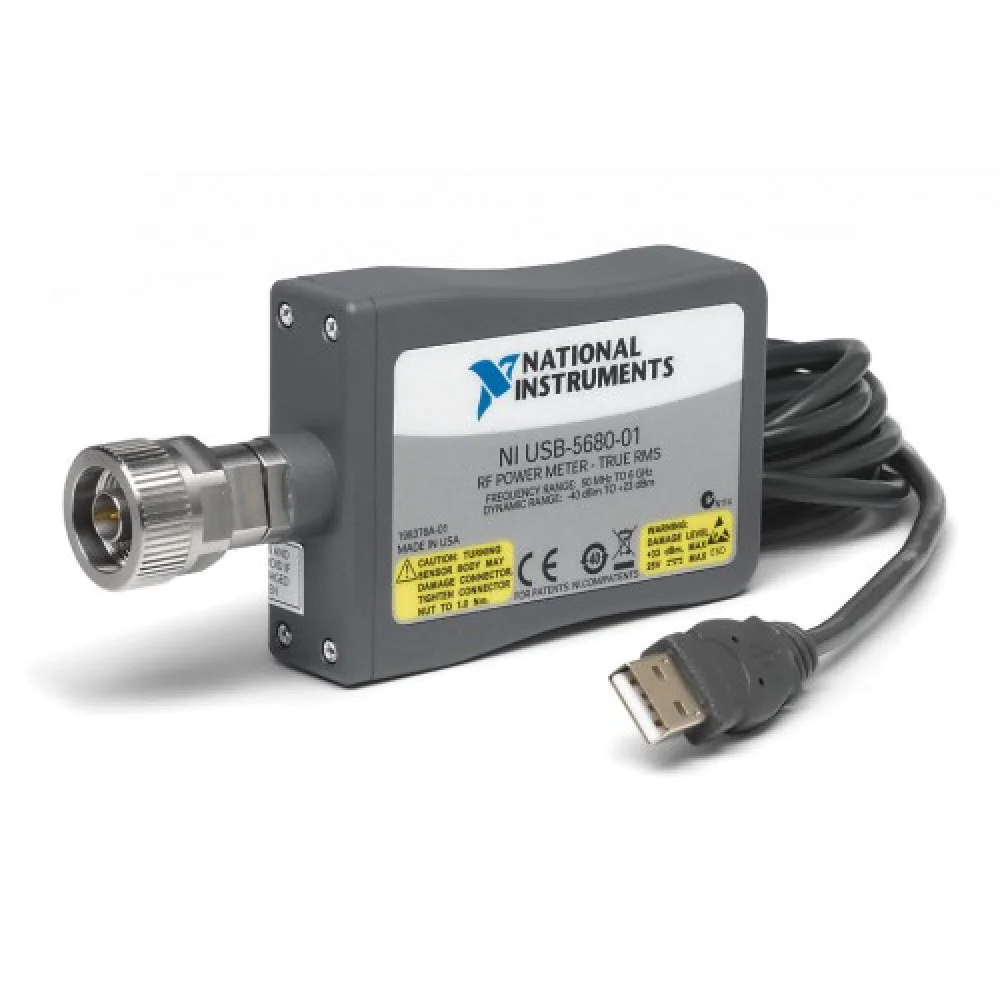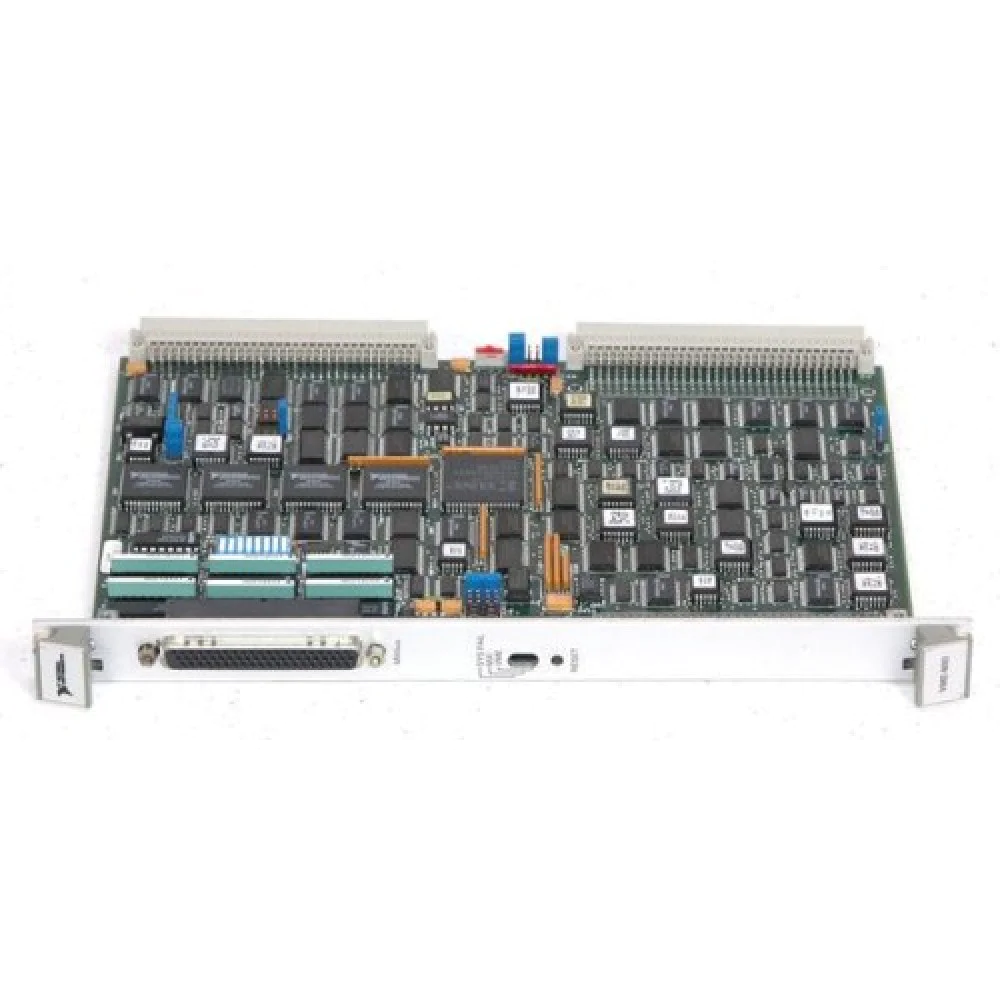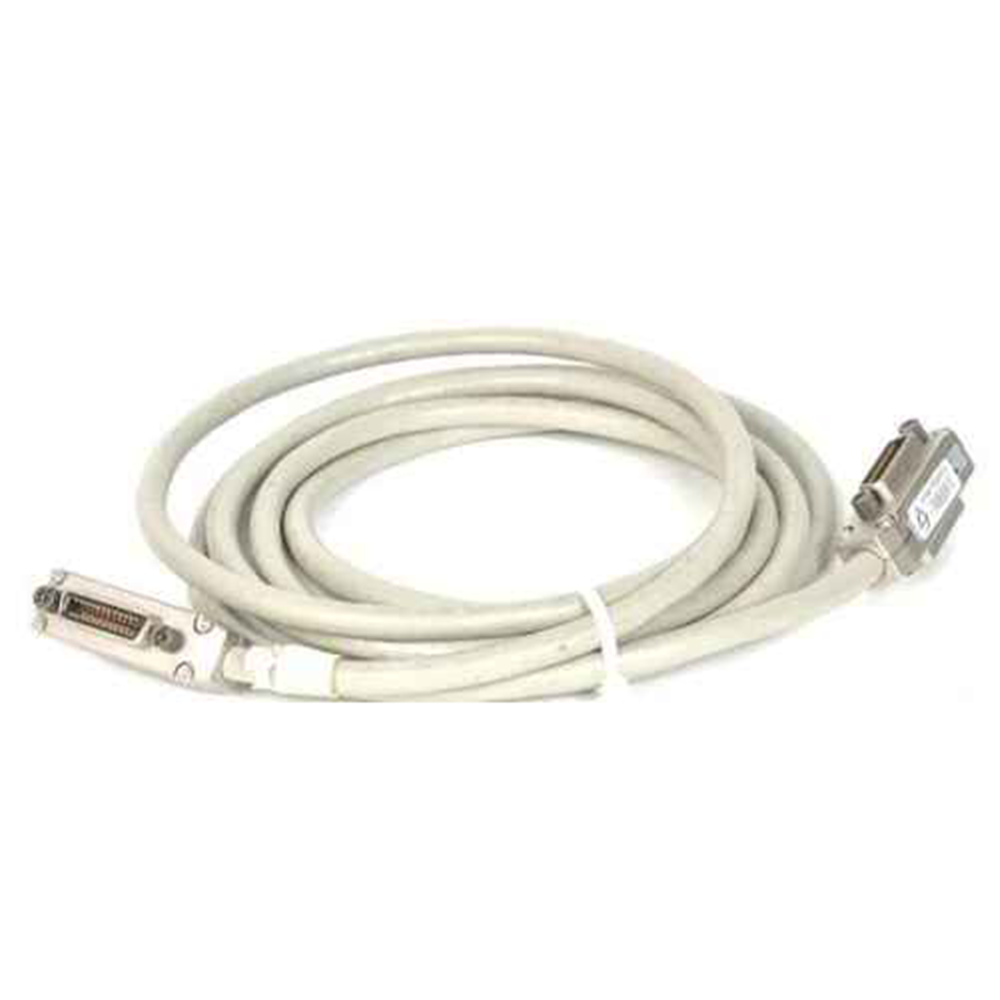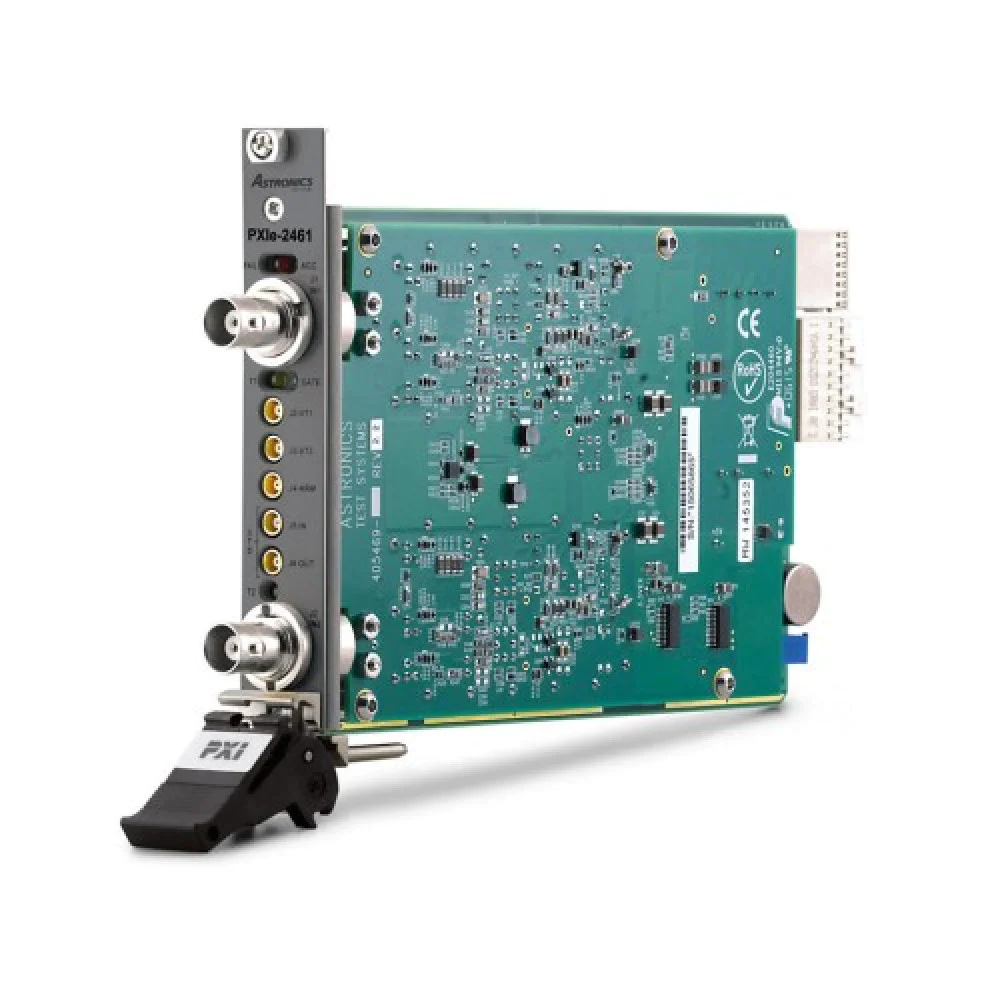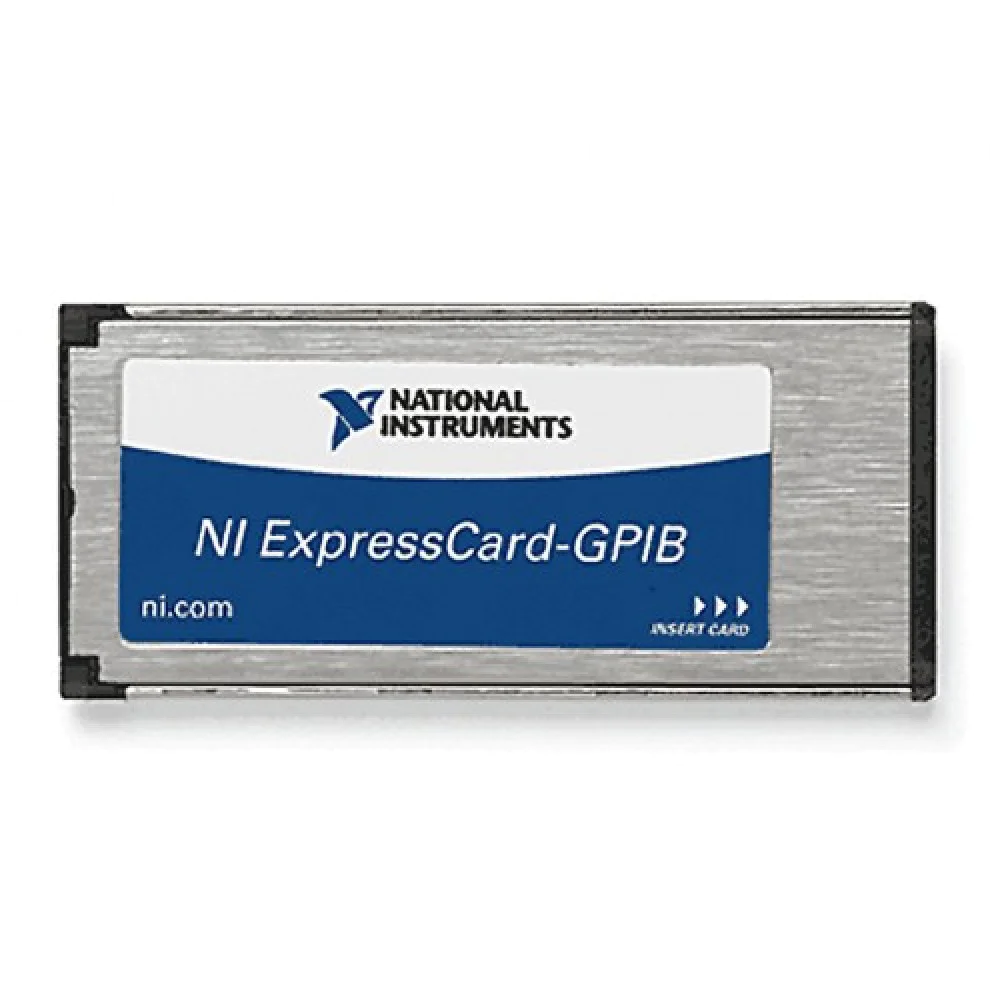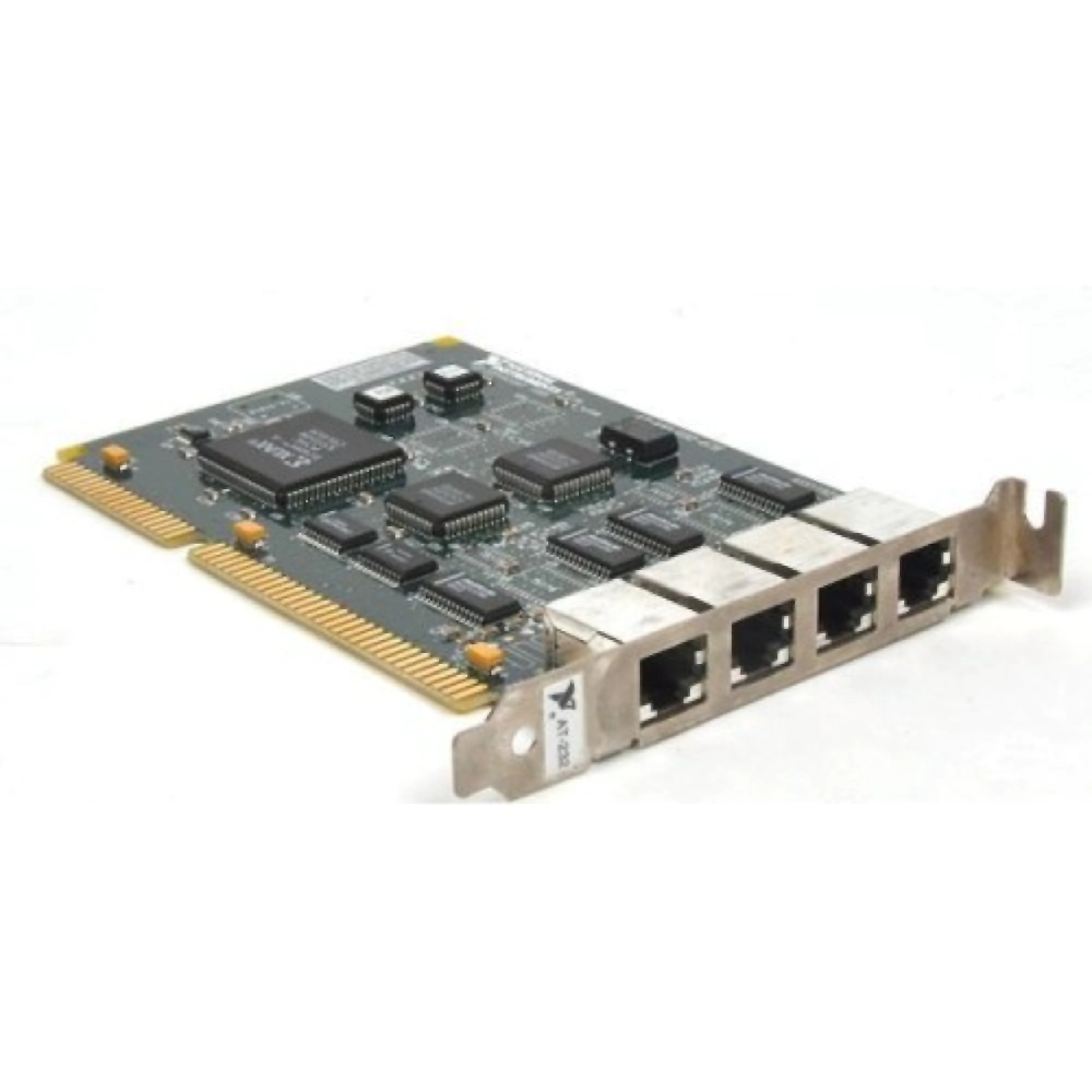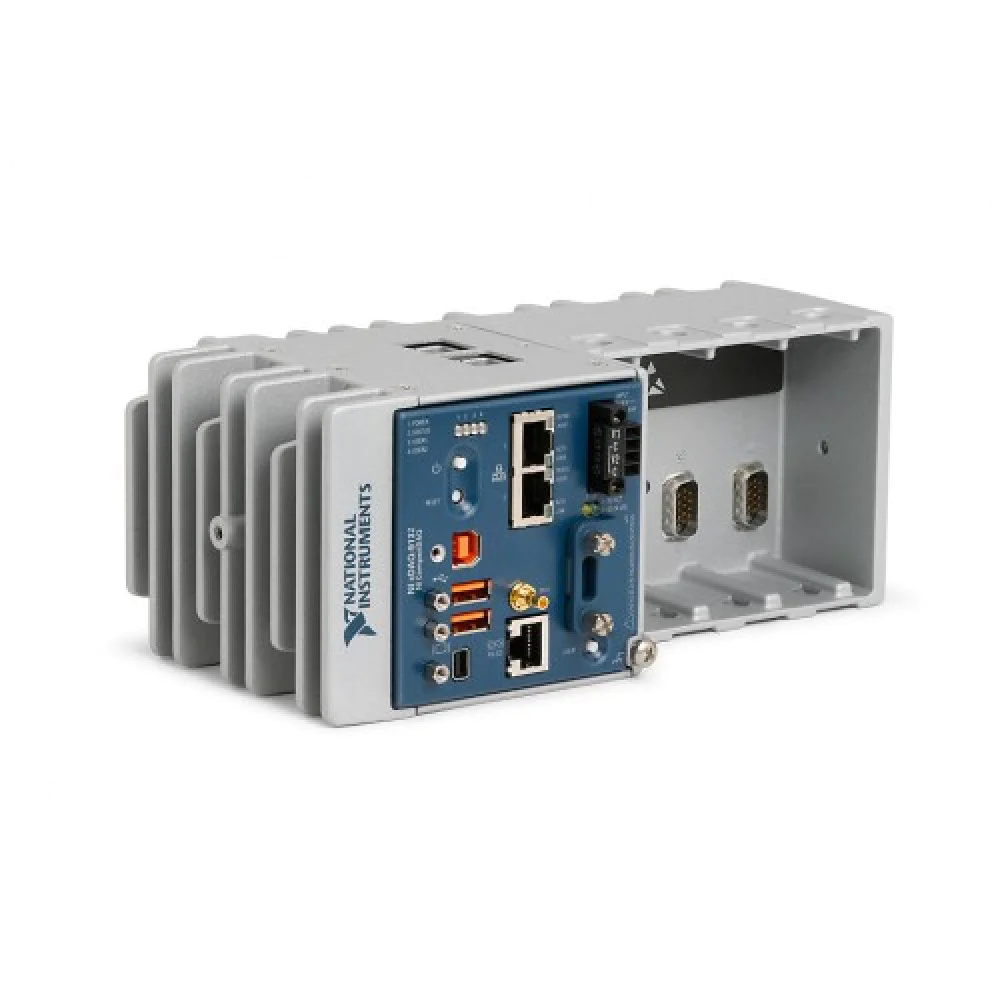Buy VXI and VME Test Systems — Modular
VXI and VME Test Systems — Modular and High-Performance Testing Solutions
Modern industries depend on vxi test systems to achieve precision, scalability, and automation in demanding test and measurement environments. Built upon proven modular architectures, these systems deliver exceptional accuracy and flexibility for engineers working in aerospace, defense, telecommunications, automotive, and industrial automation. By integrating advanced signal processing, high-speed data acquisition, and real-time control, vxi test systems enable comprehensive validation, calibration, and diagnostics across a wide range of applications. When paired with compatible vxi chassis, controller modules, and software tools from trusted manufacturers like National Instruments, Keysight, Astronics, Agilent, and VTI Instruments, users gain an efficient and future-ready test platform that ensures performance and reliability.
Understanding the VXI Platform
The VXI (VME eXtensions for Instrumentation) platform was created as an open industry standard to extend the capabilities of VME architecture specifically for instrumentation and test applications. It combines the robustness of the VMEbus with the precision required for high-performance electronic testing. Each VXI chassis serves as the backbone of the system, providing power, cooling, and a backplane that interconnects multiple instruments such as digitizers, function generators, oscilloscopes, and switch modules. These modular configurations make VXI ideal for environments where accuracy, repeatability, and synchronization are critical.
Engineers prefer vxi test systems because of their scalability and long-term compatibility. Whether upgrading legacy hardware or developing a new automated test setup, the open architecture ensures that instruments from multiple vendors can coexist within the same chassis. Modern systems can even integrate hybrid configurations, combining PXI or LXI instruments alongside VXI modules, maintaining interoperability while expanding functionality.
The VME Architecture Explained
The VME (Versa Module Europa) architecture, on which VXI is based, remains one of the most successful modular bus systems in history. Initially developed for embedded control and computing, VME quickly gained popularity in scientific, military, and industrial automation due to its rugged design and deterministic communication. Its backplane design allows multiple processor and I/O cards to share data efficiently, offering exceptional throughput and reliability under harsh conditions.
When applied in test and measurement, VME delivers outstanding stability and integration flexibility. The ability to host analog, digital, and mixed-signal instruments within one standardized platform allows engineers to design highly customized solutions for complex testing tasks. For industries that require long product lifecycles and extended support, vxi test systems and VME hardware remain an invaluable investment.
Advantages of VXI and VME Test Systems
- High-speed data transfer and low-latency communication for real-time applications.
- Modular expansion using standardized vxi chassis and VME enclosures.
- Support for multi-vendor interoperability across National Instruments, Keysight, Astronics, and other platforms.
- Comprehensive automation support through LabVIEW, MATLAB, Python, and C/C++ APIs.
- Scalable configurations suitable for R&D, manufacturing, and field service testing.
- Long-term reliability proven in aerospace and defense environments.
- Excellent heat management and power distribution for high-density systems.
Comparison: VXI vs VME
| Feature | VXI System | VME System |
|---|---|---|
| Primary Use | Instrumentation, measurement, and test automation | Embedded control, industrial computing, automation |
| Backplane | VMEbus with added timing, triggering, and instrument extensions | Standard VMEbus without dedicated test instrumentation lines |
| Typical Components | Signal generators, digitizers, DMMs, RF analyzers | CPU boards, I/O cards, data processors |
| Chassis Design | Optimized for modular test instruments (VXI mainframes) | Optimized for embedded processors and I/O boards |
| Software Integration | Supports SCPI, VISA, LabVIEW, MATLAB integration | Supports low-level embedded control frameworks |
| Industries | Aerospace, defense, telecommunications, R&D | Industrial control, robotics, automotive, computing |
Applications Across Key Industries
Aerospace and Defense
For mission-critical testing in avionics, radar, and satellite systems, vxi test systems provide the high accuracy and environmental resilience required. Engineers rely on VXI platforms to perform automated functional tests on flight control electronics, navigation modules, communication transceivers, and power management units. Rugged vxi chassis ensure stable performance under vibration, temperature fluctuation, and EMI exposure. Defense integrators use these systems to validate radar signatures, RF performance, and signal integrity across complex multi-channel setups. Long-term support and module availability make VXI and VME ideal for military-grade test stations that must operate reliably for decades.
Telecommunications and Wireless
Telecommunication manufacturers depend on high-speed test automation to validate RF and digital communication modules. With precise synchronization and scalable expansion, vxi test systems allow engineers to measure carrier frequencies, power levels, modulation accuracy, and signal distortion across multiple channels simultaneously. These systems support standards-based testing for LTE, 5G, Bluetooth, and Wi-Fi communication. A typical setup includes a vxi chassis, signal analyzers, waveform generators, and switch matrices from National Instruments and Keysight, managed through automation software for continuous production testing.
Automotive and Industrial Automation
In modern automotive design, embedded electronics and sensors require validation under dynamic conditions. VXI and VME test systems integrate seamlessly with environmental chambers and motion controllers, allowing real-time monitoring of voltage, current, and signal response. For industrial automation, they provide a flexible platform for testing PLCs, servo controllers, and robotic interfaces. Their modular approach means companies can start small and scale as requirements grow without changing the entire infrastructure.
Scientific Research and Education
Laboratories and universities use vxi test systems for teaching, prototyping, and high-precision measurements. Their open standards make them compatible with diverse instruments and data acquisition systems, encouraging students and researchers to design custom experiments quickly. By combining vxi chassis with advanced digitizers or function generators, researchers can measure phenomena across a broad frequency and voltage range with unmatched repeatability.
Leading Manufacturers and Components
Several renowned manufacturers continue to innovate within the VXI and VME ecosystem, ensuring a wide selection of instruments and support options:
- National Instruments (NI) — Offers modular chassis, controllers, and software integration for seamless LabVIEW-based automation.
- Keysight Technologies — Provides high-frequency RF analyzers, signal sources, and calibration instruments optimized for aerospace and telecom applications.
- Astronics Test Systems — Specializes in ruggedized test hardware for defense and avionics environments.
- VTI Instruments — Known for precision switching, signal conditioning, and modular ATE components.
- Agilent / Interface Technology — Supplies advanced data acquisition modules, controllers, and timing synchronization cards.
These brands maintain cross-platform compatibility and offer long-term service contracts, making them the preferred choice for integrators seeking stability and scalability. Choosing the right combination of vxi chassis, signal generators, and measurement modules ensures consistent performance across testing workflows.
Integration and Automation
Automation software plays a crucial role in maximizing system efficiency. Most vxi test systems support VISA and SCPI command protocols, making them easily programmable using Python, C++, or LabVIEW. This flexibility allows engineers to create custom test sequences, automate calibration, and integrate data logging with existing ERP or MES systems. The result is faster throughput, fewer manual errors, and complete traceability across all production stages.
Choosing the Right VXI Test System
When selecting a system, several parameters must be considered: required bandwidth, signal type (analog or digital), environmental constraints, and the number of channels. Entry-level setups may include a compact vxi chassis with a controller and a few modules, while full-scale production systems can host multiple mainframes connected through Ethernet or GPIB for synchronized operation. Scalability ensures that as testing demands increase, additional modules can be integrated without replacing the entire system.
VXI Chassis and Controller Options
The vxi chassis forms the foundation of any modular setup. Available in 3U, 6U, and custom rack-mount sizes, these enclosures provide high power capacity, efficient cooling, and multiple backplane slots. National Instruments and Keysight offer mainframes supporting both C-size and D-size modules, ensuring flexibility in configuration. Controllers are available as embedded CPUs, external PCs with MXI interfaces, or LAN-based units for distributed architectures. Modern designs feature advanced diagnostics, smart fans, and modular power supplies to ensure system uptime and maintain peak performance.
Longevity and Legacy Support
One of the major advantages of investing in vxi test systems is backward compatibility. Many organizations operating aerospace or defense programs rely on test stands built over two decades ago, and they continue to function reliably thanks to standardized interfaces and long-term component availability. Manufacturers like Astronics and VTI Instruments provide drop-in replacements and modern equivalents for legacy modules, helping companies extend the lifecycle of existing assets without costly overhauls.
Environmental and Performance Considerations
As power density and speed requirements increase, proper thermal management becomes vital. Modern vxi chassis designs include dynamic fan control, efficient airflow management, and redundant power supply options. EMI shielding and vibration-resistant construction ensure stable signal acquisition in noisy environments. Many units are tested for compliance with MIL-STD and CE standards, offering both performance and durability in industrial and field settings.
Cost Efficiency and ROI
Investing in modular automated test equipment yields measurable cost savings over time. Reusing existing chassis, upgrading modules independently, and integrating new technologies without redesigning the entire system significantly reduces maintenance costs. Additionally, test automation shortens production cycles and increases product quality, resulting in a strong return on investment. For contract manufacturers, standardizing on vxi test systems across multiple lines simplifies maintenance, spare parts management, and personnel training.
Future of VXI and VME Technologies
Although newer standards such as PXI and LXI have emerged, the VXI and VME ecosystems continue to evolve. Many suppliers now offer hybrid solutions combining VXI reliability with modern data interfaces like USB, Ethernet, and PCIe. This hybridization ensures that vxi test systems remain relevant in mixed-platform environments, bridging the gap between legacy infrastructure and future automation. Continued investment from industry leaders guarantees support for decades, making VXI and VME ideal for long-term engineering programs.
Summary of Benefits
- Proven reliability and accuracy across diverse testing environments.
- Scalable architecture supporting hybrid integrations.
- Comprehensive software compatibility and automation options.
- Extensive availability of modules, instruments, and accessories.
- Strong ecosystem maintained by multiple global manufacturers.
- Long-term serviceability and lifecycle support.
Order VXI and VME Test Systems Today
When performance, modularity, and precision matter, vxi test systems deliver unmatched value. From vxi chassis and controllers to complete automated test setups, these platforms empower engineers to design reliable, scalable, and efficient solutions for any measurement challenge. Whether upgrading legacy systems or launching new test programs, partnering with trusted brands such as National Instruments, Keysight, Astronics, and VTI Instruments ensures lasting performance and support. Order your vxi test systems and vxi chassis today to enhance your testing capabilities and stay ahead in the evolving world of automated test equipment.
Categories
Sort By
-
VXI-1500
VXI and VME -
VXI-1394
VXI and VME -
VXI-1200
VXI and VME -
VXI-1000
VXI and VME -
VXI UNIX SW
VXI and VME -
VMEPC-650B/233
VXI and VME -
VMEPC-650B/166
VXI and VME -
VMEPC-600
VXI and VME -
VME-MXI-2
VXI and VME -
VME-MXI
VXI and VME

